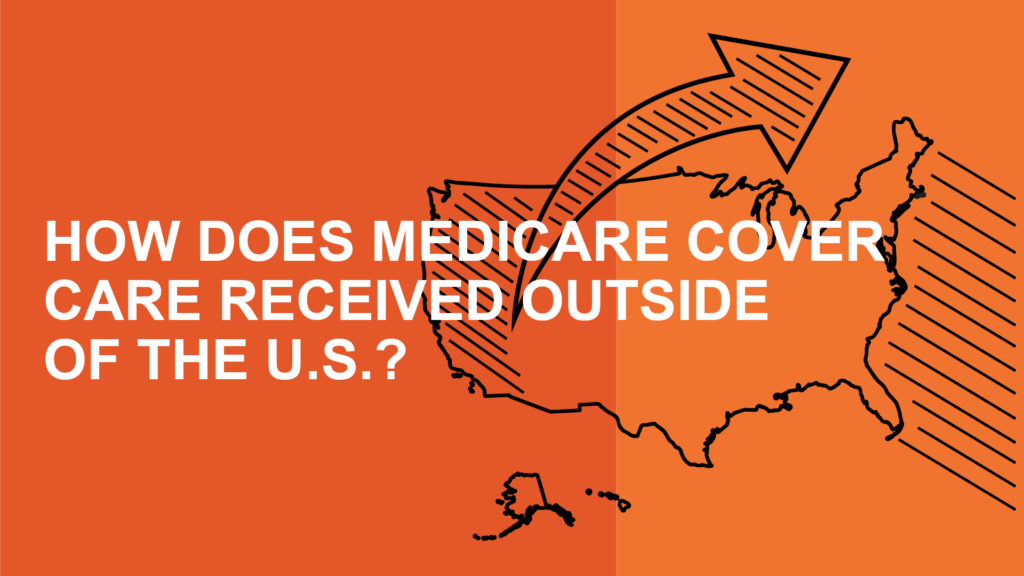As a rule, Medicare will not cover care you receive outside the U.S. However, there are specific exceptions when Medicare covers inpatient hospital care, doctor services, and ambulance services in a foreign hospital.
Medicare Covers Care within the U.S.
To receive coverage through Medicare, you must be a U.S. citizen or lawful permanent resident of at least five years. Its coverage is similarly restrictive; you are only covered for services you receive in the U.S., its territories, or its immediate territorial waters. The District of Columbia, Puerto Rico, the U.S. Virgin Islands, Guam, the Northern Mariana Islands, and American Samoa are part of the U.S., so you are covered for the care you receive there.
When Medicare Covers Care in Foreign Hospitals
Medicare may cover your doctor, inpatient hospital, and ambulance services outside of the U.S. if you are in the U.S. when you have a medical emergency but the foreign hospital is closer than the nearest hospital in the U.S.
You may also be covered if you travel directly from Alaska back to the U.S. through Canada when you have a medical emergency, and the hospital in Canada is the closest to treating your emergency.
If you live in the U.S. and the nearest hospital is a foreign hospital, Medicare will cover your doctor, inpatient hospital, and ambulance services there.
You may also be covered if you experience a medical emergency onboard a ship within six hours of the U.S. shore and receive treatment onboard the ship.
What You Can Expect to Pay for Foreign Hospital Care
Unless you meet one of those specific circumstances, you will be responsible for paying the full cost of your care. On the bright side, your costs will likely be reasonable in a foreign country.
If your situation matches one of the Medicare foreign care exceptions, you will pay your typical costs for Part A or Part B care. You pay your deductibles, copayments, and coinsurance. Medicare Part A pays for hospital care while you are admitted as an inpatient in a foreign hospital, and Medicare Part B covers ambulance services before your stay and doctor services during your inpatient stay.
Medicare will not automatically receive a bill for your services in a foreign hospital. If you think Medicare may cover your inpatient stay, you need to submit an itemized bill to Medicare.
Medicare Part D does not cover prescription drugs you buy in a foreign country.
Medicare Supplements Can Help Cover Travel Emergency Costs
You may want to supplement your coverage if you are a frequent traveler outside the U.S. Six of the standardized Medicare Supplement plans include 80% coverage for foreign travel emergency care, so you will be responsible for much lower bills once you’ve met the plan deductible.
To learn more about your coverage under Medicare and which plans may be right for your needs, speak to an agent with Magellan Healthcare.


